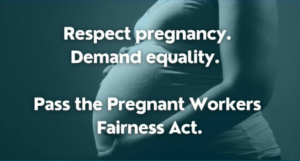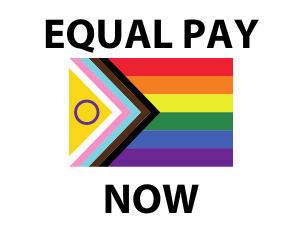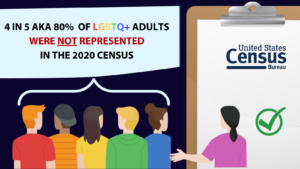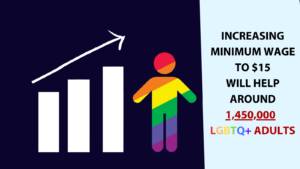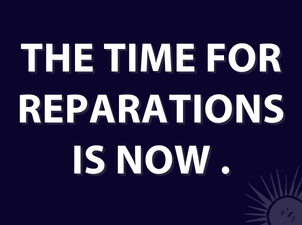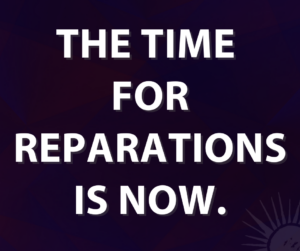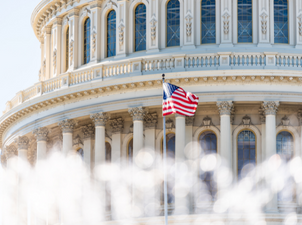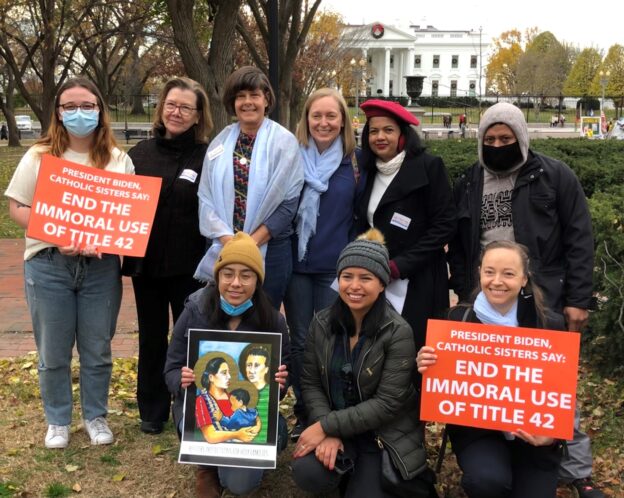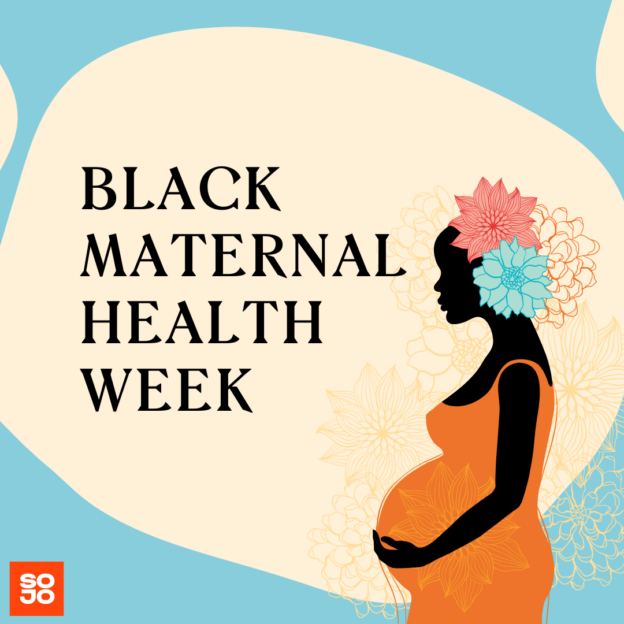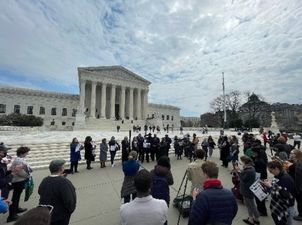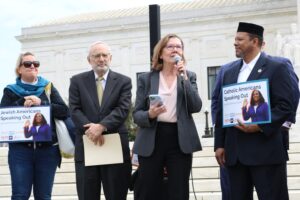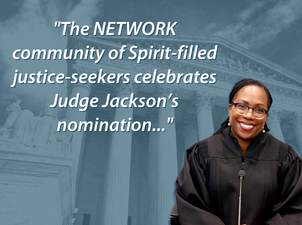
Encourage Senators Booker and Menendez to Continue Advocating for Asylum Seekers!
Dear Senator Booker and Senator Menendez,
Thank you for supporting a just and humane immigration system. We, people of faith living in New Jersey, support your efforts to ensure the Senate and the Biden administration restore the asylum process.
Your work to protect asylum is important to us because as people of faith, we value the inherent human dignity of each person and recognize their right to seek asylum.
The upcoming congressional work period will be pivotal for immigration. As Congress creates next year’s federal budget, we urge you to continue working to ensure that Congressional leadership does not allow the continuation of Title 42 expulsions to be codified into law. We also ask that you urge your colleagues working on bipartisan immigration reform to support policies that are just and refuse to divide up or preference immigrant communities.
Thank you for your commitment to advancing the common good. Together, we can build a nation that lives up to our values.
In Solidarity,










